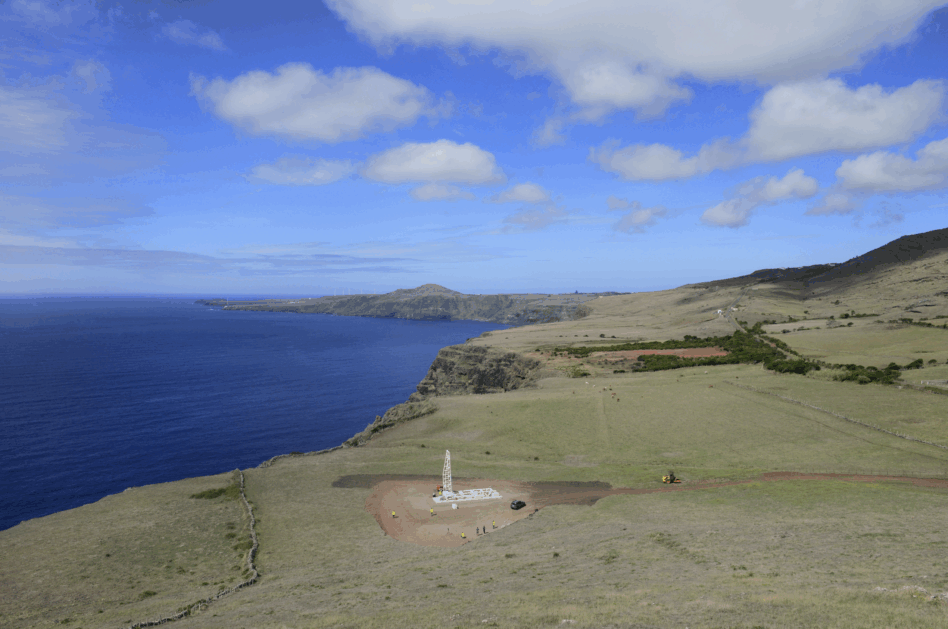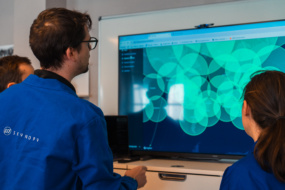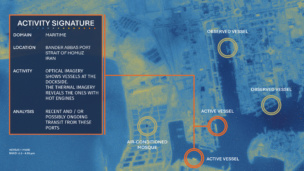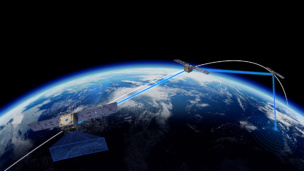The Azores are a great spot for a getaway. Just a few hours by plane from Europe, the archipelago boasts sandy beaches, a tropical climate, and soon, a shiny new spaceport.
The Atlantic Spaceport Consortium (ASC) secured a five-year license from Portugal’s space authority this week to build and operate a launch center on the island of Santa Maria. The license increases the pool of available spaceports in Europe at a time when multiple launch companies are rushing towards their first liftoff attempts next year.
“Europe is clearly in need of strengthening its autonomous access to space, especially as new launchers are being developed across the continent,” Ricardo Conde, president of the Portuguese Space Agency, told Payload via email. “[Santa Maria] is a complementary option that enhances European launch capacity, promotes competition, and increases operational resilience.”
The blueprint: ASC director Bruno Carvalho said the spaceport’s development could cost between €5M and €10M—depending on whether it decides to build one or two launch pads.
Without direct funding from ESA or the Portuguese Space Agency, ASC anticipates raising those funds from private investors.
The launch site will initially focus on small and medium rockets with payload capacities below 1,500 kg—ruling out Arianespace’s Ariane 6 and Vega C—and will limit operations to vehicles using non-cryogenic fuels to keep costs manageable.
There is already interest from a handful of European launch companies:
- In July, ASC signed an agreement with SpaceForest to host a suborbital test flight of the Polish company’s 11.5 m Perun rocket in 2026.
- ASC is also in conversations with launch startups in the UK and Germany to host future flights, Carvalho said.
ASC is targeting as many as four suborbital launches next year, with orbital flights expected to begin in 2027, according to Carvalho.
“The business case allows us to be comfortable with up to six launches a year,” Carvalho told Payload. “In the best scenario, we can sustain 14 to 16 launches a year with two launch pads.”
Portug-easy: Carvalho and Conde pointed to two major benefits of the Santa Maria spaceport over other options in Europe.
- Geography: Located in the Atlantic Ocean, roughly 1,500 km from Portugal, Santa Maria is far from major population centers—but fairly easy to access as it is couple of hours away from major airports. It offers launchers the ability to reach polar, sun-synchronous, and lower-inclination orbits. Launch operators will only have to coordinate with one flight control tower, also known as a flight information region—meaning handovers between different towers (or regions) will not be required. Santa Maria also sees less air and maritime traffic than the areas surrounding Europe’s northern spaceports, which makes coordinating launches a far easier task.
- Regulation: It’s free to apply for a launch license in Portugal, and by law, Portugal’s space authority must respond to a license request in 90 days. That means a launcher that applies today could theoretically lift off this year. For comparison, Skyrora’s UK launch license took well over a year to come through.





